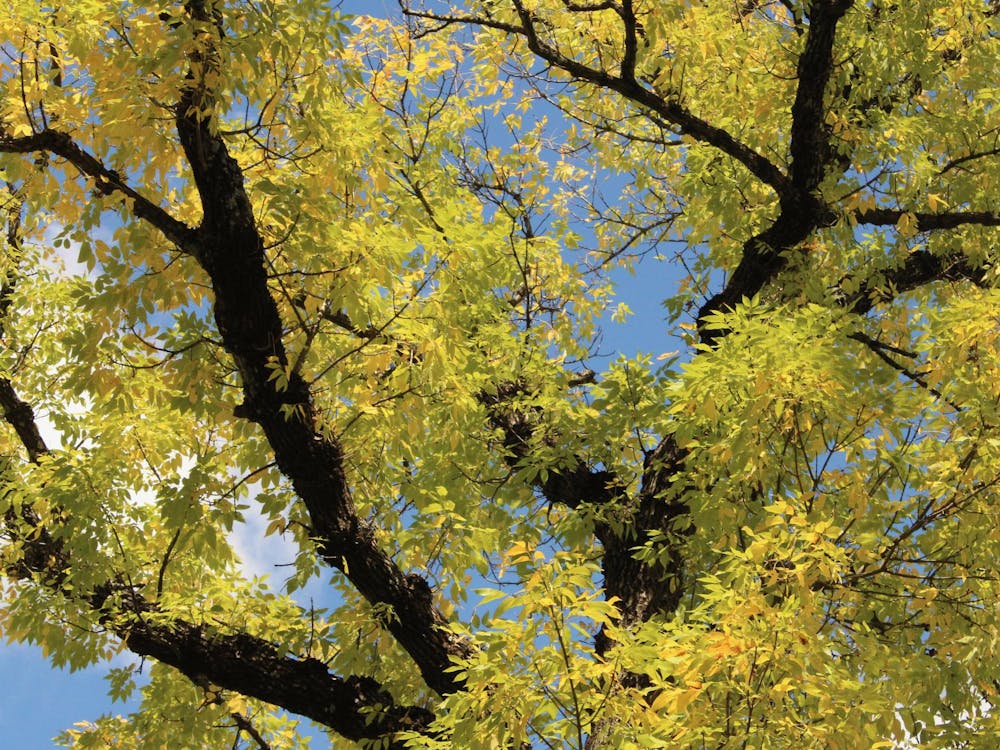Around 8 P.M. this past Saturday, I had this column completed. And then I got a call from a friend.
“Did you know Casey Schulman?”
‘Did?’ I thought. ‘Why past tense?’ “I do, in fact, know Casey.” ‘Why ‘did?’’
“She died today while on Semester at Sea.”
I am not entirely sure what I said next to end this phone conversation, but I’m certain it was wholly inadequate. I hung up the phone and matter-of-factly relayed the news to my friends. Death, though, has a way of gnawing at you. How does one appropriately react to news of death?
Casey, by all accounts, was a beautiful girl, both inside and out. Her smile brightened countless rooms, and everyone who was fortunate enough to know her will always remember her charm and grace. I send my own thoughts and prayers, along with those of the Fourth Year Trustees, the Class of 2013 and the entire University community to Casey’s friends, family and Alpha Phi sisters. This loss has affected us all deeply, and it will continue to do so.
In the aftermath of this tragedy, I would like to relay some of my own thoughts. I have been incredibly fortunate because, in my 22 years, death has only rarely touched my life. The idea of death frightens me; perhaps it frightens you too. Often, when working through this fear, I am reminded of the last lines of Robert Frost’s “Out, Out.”
No one believed. They listened at his heart.
Little — less — nothing! — and that ended it.
No more to build on there. And they, since they
Were not the one dead, turned to their affairs.
These lines have always struck me as incredibly poignant. When a person dies, she is gone forever. And yet the rest of us are left to continue living — we turn back to our affairs. As we stop to try to understand a senseless event, life moves on. Death forces us to confront life and ask ourselves: How do we impart or inject meaning into our lives?
The only personally satisfying answer that I have found revolves around the necessity of community and the impact we have on one another. Although Casey will never again walk around these Grounds, she forever changed the lives of her friends and classmates, and — by extension — the University community. It is to this community that many will now turn in their grief, and if history is any indication, the Wahoos will respond. Despite boasting a population of more than 20,000 students, the University often has the feel of a much smaller school because of the connection that students feel to each other and the University. This connection is one of our strongest traditions, and this community will linger with us far beyond our years here. From the moment we sign the honor pledge to the day we die, we are all Wahoos together. We celebrate in rich times and unconditionally support one another in lean times. It is up to us, as students, to continue this tradition. Buy in, contribute in your own unique way, and the community will be there for you when you need it most, because as we have just seen, tragedy can strike in the most innocuous of times. The students who contribute do so invaluably, as Casey did, and are never truly forgotten.
And so we go back to our affairs, as we must. But this does not mean that we will forget. Casey was an amazing Wahoo; she has left a strong, permanent mark on the University. The community mourns her tragic loss, together. And we thank and honor her for that.
Brian Murphy is a fourth-year trustee.






